Description
At the dawn of the new millennium Africa faces a number of serious socio-economic problems that call for urgent remedial action if current trends towards endemic poverty and pervasive underdevelopment are to be turned around.
The crucial role of water in accomplishing the needed socio-economic development goals is widely recognized.
On the face of it, water should not pose a constraint to such development for Africa appears to have abundant water resources.
It has large rivers, big lakes; vast water lands and limited, but widespread ground
water resources. Moreover, it has a high potential for the development of hydroelectric power.
Unfortunately, however, the sustainability of these water resources cannot be taken for granted for it is threatened by certain natural phenomena and human factors. Among the natural threats are:
• The multiplicity of trans-boundary water basins;
• Extreme spatial and temporal variability of climate and rainfall, coupled with
climate change;
• Growing water scarcity, shrinking of some water bodies, and desertification.
The human threats include:
• Inappropriate governance and institutional arrangements in managing national and
transactional water basins;
• Depletion of water resources through pollution, environmental degradation, and
deforestation;
• Failure to invest adequately in resource assessment, protection and development;
• Unsustainable financing of investments in water supply and sanitation.
These threats pose challenges to the management of water resources on the continent and to the satisfaction of competing demands for basic water supply and sanitation, food security, economic development, and the environment.
It is widely recognized that the threats cannot be successfully addressed by adherence to business as usual in water resources management at national and regional levels.
Such an approach would lead to disastrous consequences.
It would lead to a future where available water resources would become inadequate to support competing demands for sustaining life, economic development and the environment. Addressing the threats calls for a new vision for water together with a framework for action designed to ensure that we are able to achieve the vision
The Africa Water Vision for 2025 is thus designed to avoid the disastrous consequences of these threats and lead to a future where the full potential of Africa’s water resources can be readily unleashed to stimulate and sustain growth in the region’s economic development and social well-being.
The shared vision is for:
AN AFRICA WHERE THERE IS AN EQUITABLE AND SUSTAINABLE
USE AND MANAGEMENT OF WATER RESOURCES FOR POVERTY
ALLEVIATION, SOCIO-ECONOMIC DEVELOPMENT, REGIONAL
COOPERATION, AND THE ENVIRONMENT
1. There is sustainable access to safe and adequate water supply and sanitation to meet the basic needs of all;
2. There is sufficient water for food and energy security;
3. Water for sustaining ecosystems and biodiversity is adequate in quantity and quality;
4. Institutions that deal with water resources have been reformed to create an enabling
environment for effective and integrated management of water in national and
transboundary water basins, including management at the lowest appropriate level;
5. Water basins serve as a basis for regional cooperation and development, and are treated as natural assets for all within such basins;
6. There is an adequate number of motivated and highly skilled water professionals;
7. There is an effective and financially sustainable system for data collection, assessment
and dissemination for national and trans-boundary water basins;
8. There are effective and sustainable strategies for addressing natural and man-made water-resources problems, including climate variability and change;
9. Water is financed and priced to promote equity, efficiency, and sustainability;
10. There is political will, public awareness and commitment among all for sustainable water-resources management, including the mainstreaming of gender issues and youth concerns and the use of participatory approaches.
The framework for achieving this vision calls for:
• Strengthening governance of water resources;
• Improving water wisdom;
• Meeting urgent water needs;
• Strengthening the financial base for the desired water future.
The Vision calls for a new way of thinking about water and a new form of regional
cooperation.
At the regional level, it calls for partnership and solidarity between countries
that share common water basins. At the national level, it will require fundamental changes in policies, strategies and legal frameworks, as well as changes in institutional arrangements and management practices.
It will necessitate the adoption of participatory approaches, management at the lowest appropriate level, and the mainstreaming of gender issues and the
concerns of the youth.
At the global level, it will call for assistance from Africa’s development partners in mobilising seed funding for priming the urgent developments needed to underpin sustainable management of the region’s water resources. Above all, it will require adherence to the following critical success factors:
• Openness, transparency and accountability in decision-making processes;
• Ability to generate and receive knowledge and information;
• Cooperation and team work by all countries in the region to achieve common,
mutually beneficial objectives;
Readiness to take tough decisions on the future direction and course of action
consistent with the aspirations in the shared Water Vision;
• Proper appreciation of “where we are”, “where we want to be” and “how to get
there”;
• The adoption of financing and cost-recovery methods that are equitable and
sustainable, while reflecting the concerns of the poor;
• Political commitment and grassroots support

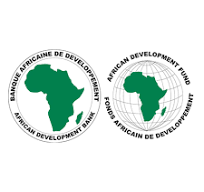
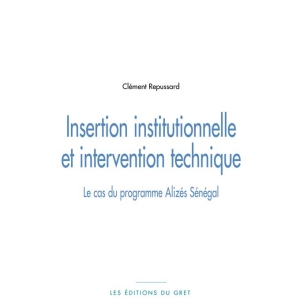
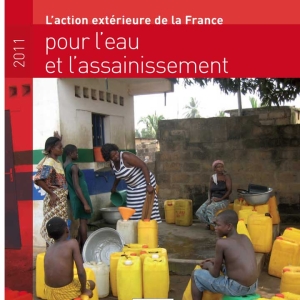
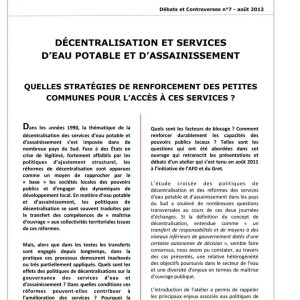
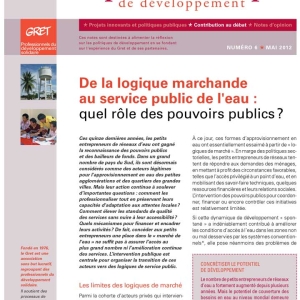

 AAEA
AAEA AAEA
AAEA
Reviews
There are no reviews yet.